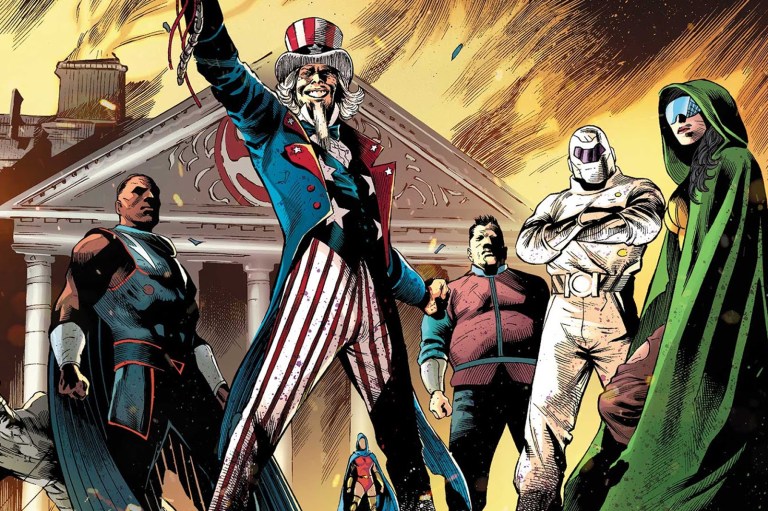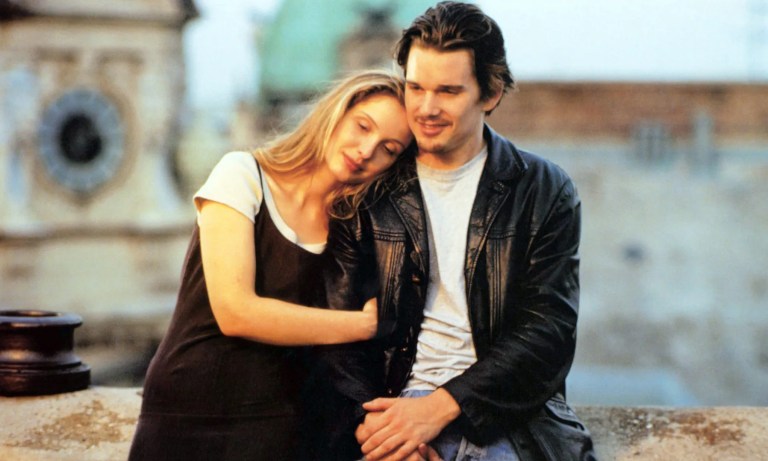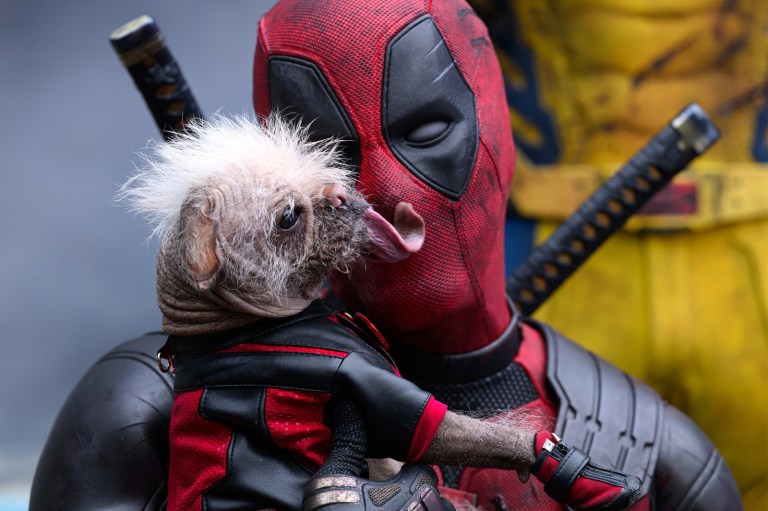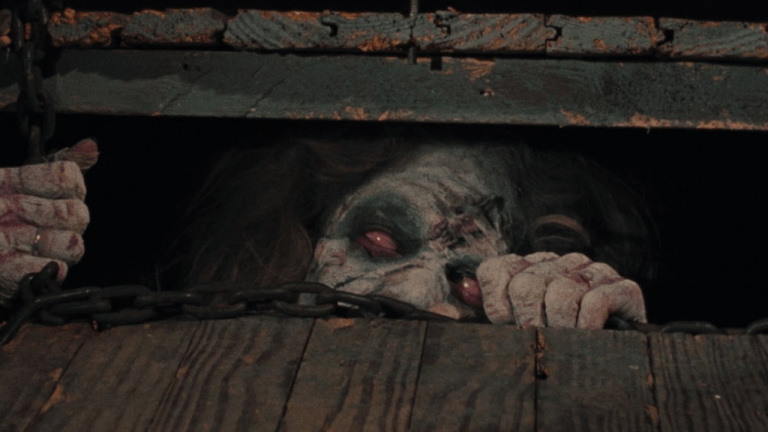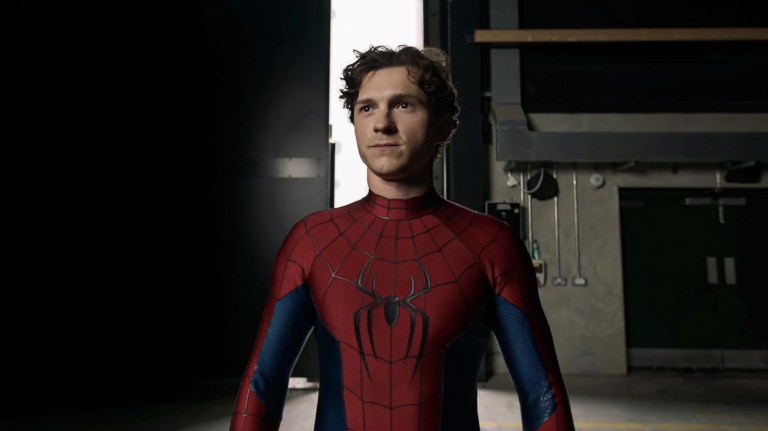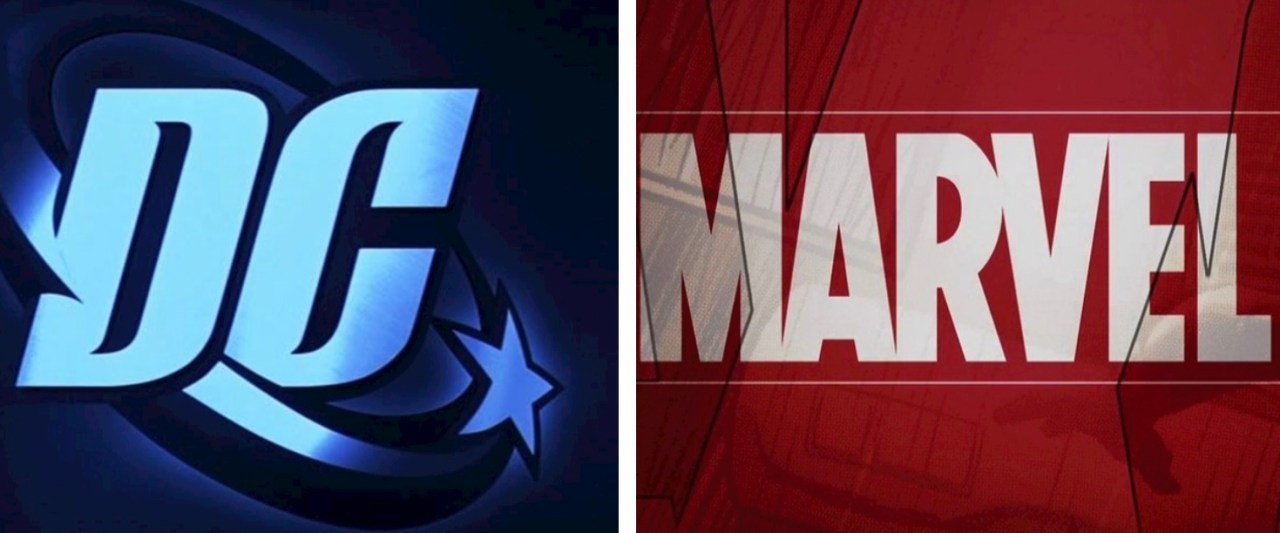
The MCU Needs to Copy DC, While DC Needs to Copy the MCU
The sun isn’t shining on superhero programming anymore. The genre dominated the 2010s as DC’s shared universe and Marvel Studios’ money monster, affectionately known as the Marvel Cinematic Universe (MCU), wrestled for supremacy. Each of them delivered hit shows and prized billion-dollar films, establishing how there was no real loser despite the tribalism among fans. However, 2019’s Avengers: Endgame proved to be eerily prophetic, as it signaled the looming threats on the horizon – not Thanos and his children but superhero fatigue and audience disinterest. Across the proverbial road, Warner Bros. scrambled to resuscitate its flagship franchise stuck in the shadow of Snyder Cuts and executive merry-go-rounds. Ultimately, the genre crashed and burned in 2023, but there is an opportunity to course-correct if Marvel and DC learn the right lessons from each other moving forward.
DC’s one nation under Gunn
The departure of the DC Extended Universe’s original architect, Zack Snyder, and Warner Bros.’s constant executive changes and endless mergers didn’t help the franchise. New regimes brought with them new ideas and pivots in direction, while those who stayed behind tried to stick to the plan and hang onto the past. In the end, the franchise achieved about as much stability as the Flash running down an ice slope in a pair of strappy sandals.
The appointment of James Gunn and Peter Safran as co-CEOs of DC Studios in 2022 was a necessary move to get back on track. A cohesive and unified vision is the only way to steady the ship and chart toward clearer destinations. While fans and pundits initially predicted a hard reboot of the world of DC – especially after the announcement Superman: Legacy would see David Corenswet replace Henry Cavill as the Man of Steel – it hasn’t turned out in this manner. Instead, it remains unclear what is canon and what isn’t in the forthcoming DC Universe (DCU), as a thick gray cloud of uncertainty shrouds it all.
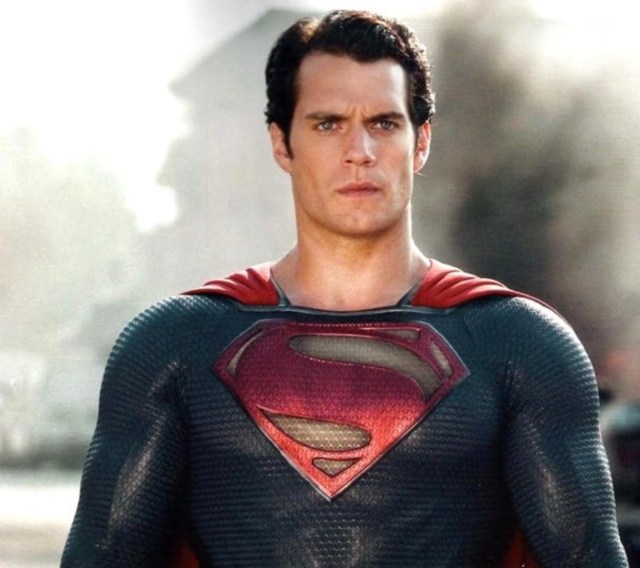
Gunn and Safran inherited a mix of projects, such as Blue Beetle and Joker: Folie à Deux, in various states of active production. While they tried to work with what they have and incorporate characters (such as Xolo Maridueña’s Jaime Reyes) into the DCU and define standalone universes (such as Matt Reeves’ The Batman), fans still require a PhD in superherology to establish what’s taking place and what fits where. It also doesn’t feel like DC Studios knows the answer either.
From the get-go, Marvel Studios and Kevin Feige possessed a structured plan for the MCU. While they adapted when necessary, they don’t have multiple versions of characters and universes running amok to cause further confusion to the fanbase. Gunn and Safran would be wise to apply a similar model to the DCU and choose simplicity over convolution. At this point, it’s best to hit the big red reset button on everything and start from scratch rather than salvage pieces that only add to the confusion. One Batman, please.
The MCU needs to loosen the top button
As revealed by the book MCU: The Reign of Marvel Studios by Joanna Robinson, Dave Gonzales, and Gavin Edwards, Marvel Studios – especially Kevin Feige – hold all the sway in their productions and prefer their filmmakers and showrunners to follow the company-mandated formula. Undoubtedly, this served the studio well in the past, but it’s clear the MCU requires a creative shake-up. Every film or show feels like it forgoes telling the best story possible to lay yet another building block for a future, bigger event. It isn’t as if the movies or series are terrible or unwatchable; they’re simply unmemorable and as middle of the road as they come. Plus, who has the time to watch an entire show or a plethora of average films only because they might hold a vital piece of information for something greater?
Ironically, the recent moments when the MCU wasn’t as focused on the “it’s all connected” mantra are where it has been stronger. It’s the times when it imitated DC by scrapping the rulebook and attempting something different. The 2022 standalone special Werewolf by Night conjures up a spooky delight as it pays tribute to the Universal Monsters era. Echo harks back to Marvel’s Netflix shows and could easily operate without all the dots connecting it to Daredevil and Hawkeye. These are but two instances which contain the spirit of what DC did with movies like The Batman and Joker, allowing a filmmaker free reign to invigorate these character-driven stories rather than toe the studio line.
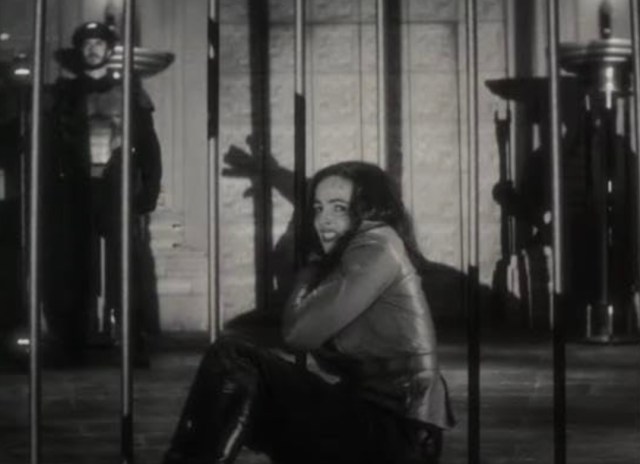
This approach also paves the way for how darker characters like Ghost Rider, Punisher, and Blade can be incorporated into the MCU. Rather than shoehorn them into the franchise and force them to act within the realms of PG storytelling, they can live on the fringes or outskirts. Technically, they would still be a part of the MCU, but they wouldn’t need to be overly concerned with the wider universe.
Ultimately, Marvel and DC need to be better
The decline of superhero programming didn’t happen overnight. For several years now, both the MCU and DC were guilty of delivering many average films and shows; however, the ratings and box office earnings painted an illusion of utopia. Eventually, the audience caught on to the charade, especially after the ever-growing stream of productions forced viewers to be more precious about what they dedicate their time to. Fans took stock and asked the fundamental question: “Why should I care?”
Superpowers. Team-ups. CGI-created otherworldly threats. These aren’t nearly enough reasons to make anyone care about these properties anymore. It’s about getting back to what matters: The characters and their compelling stories. The good news for both the MCU and DCU is there are decades’ worth of untapped, excellent tales to adapt from the comic books and they are begging to be told. All that’s required is for someone to convince the powers that be to not obsess only about franchise potential but to also give their all to the immediate project in front of them.
